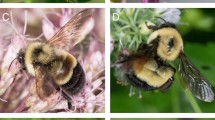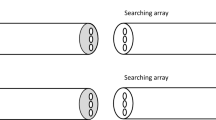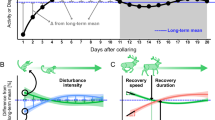Abstract
Despite the widespread assumption that the learning abilities of animals are adapted to the particular environments in which they operate, the quantitative effects of learning performance on fitness remain virtually unknown. Here we evaluate the learning performance of bumblebees (Bombus terrestris) from multiple colonies in an ecologically relevant associative learning task under laboratory conditions, before testing the foraging performance of the same colonies under the field conditions. We demonstrate that variation in learning speed among bumblebee colonies is directly correlated with foraging performance, a robust fitness measure, under natural conditions. Colonies vary in learning speed by a factor of nearly 5, with the slowest learning colonies collecting 40% less nectar than the fastest learning colonies. Such a steep fitness function suggests strong selection for higher learning speed in bumblebees. Demonstrating the adaptive value of differences in learning performance under the real conditions in which animals function represents a major step towards understanding how cognitive abilities of animals are tuned to their environment.
Similar content being viewed by others
Article PDF
Author information
Authors and Affiliations
Corresponding author
Rights and permissions
About this article
Cite this article
Raine, N., Chittka, L. Bumblebees gain fitness through learning. Nat Prec (2007). https://doi.org/10.1038/npre.2007.1298.1
Received:
Accepted:
Published:
DOI: https://doi.org/10.1038/npre.2007.1298.1



